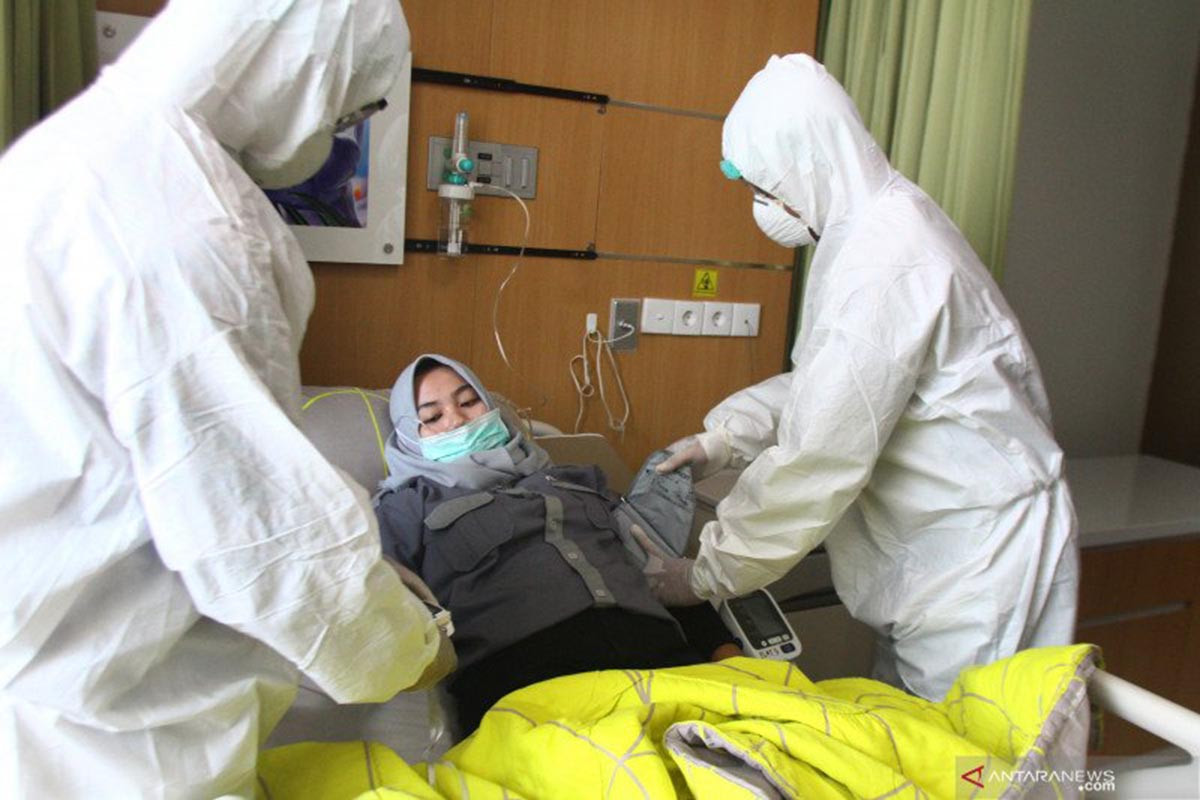As Afghanistan grapples with a serious humanitarian and economic crisis, the Taliban have called for the release of funds frozen by the United States.
The Taliban have again called on the United States to release billions of dollars in frozen funds after two days of talks in Doha as Afghanistan grapples with a serious humanitarian and economic crisis.
The Taliban government also called for the lifting of sanctions, during these meetings led by its Minister of Foreign Affairs Amir Khan Muttaqi, and the special representative of the United States for Afghanistan Tom West.
A first negotiating session had already taken place in Doha in October, after the Taliban returned to power in Kabul in August and the end of 20 years of American occupation.
“The two delegations discussed political, economic, public health, education and security issues as well as (means) to provide the necessary banking and treasury services,” Afghan Foreign Affairs spokesperson Abdul Qahar said on Twitter. Balkhi.
Reportage :Afghanistan facing its demons
“The Afghan delegation reassured the United States on security, urging the unconditional lifting of the freeze on Afghanistan’s assets, the end of blacklists and sanctions and calling for human issues to be separated from politics,” a- he added.
Washington has frozen nearly $ 9.5 billion (€ 8 billion) from the Afghan Central Bank. The economy that depended on international aid collapsed, with civil servants unpaid for months and the public treasury unable to pay for imports.
The International Monetary Fund and the World Bank have also suspended their activities in Afghanistan, withholding aid as well as 300 million euros in new reserves issued by the International Monetary Fund (IMF) in August.
“Support the continued flow of humanitarian assistance to the people of Afghanistan”
UN agencies have warned that 23 million Afghans, more than half of the country’s population, will be at risk of starvation this winter, under the combined effects of drought caused by global warming and paralysis. economic.
Washington, for its part, has firmly maintained its position on its measures, which notably sanction Prime Minister Mohammad Hassan Akhund, assuring that the United States would nevertheless act to help the Afghan people.
“The United States remains committed to ensuring that American sanctions do not limit the ability of Afghan civilians to receive humanitarian support from the United States government and the international community, while depriving sanctioned entities and individuals of their assets,” according to one. statement from State Department spokesman Ned Price.
“The Treasury has issued general licenses to support the continued flow of humanitarian assistance to the people of Afghanistan and other activities supporting basic humanitarian needs.”
Washington also urged the Taliban to give women and girls access to education and “expressed deep concern about allegations of human rights violations” in Afghanistan.
The United States reminded the Taliban of their commitment not to allow “terrorist” organizations to operate on Afghan soil and to guarantee safe passage for American citizens wishing to leave the country.
They also called for the release of US citizen Mark Frerichs, kidnapped in Afghanistan in February 2020.
The Taliban described the talks in Doha as “positive” and said that Muttaqi had also met in the Qatari capital with Japanese and German ambassadors accredited to Afghanistan.
Any reproduction prohibited–


